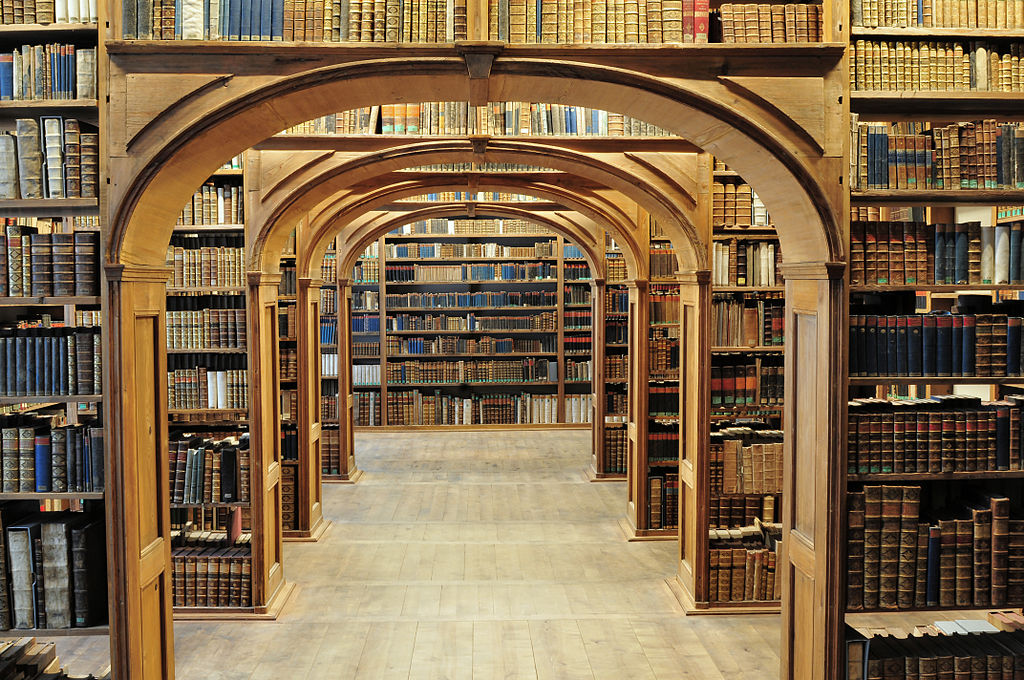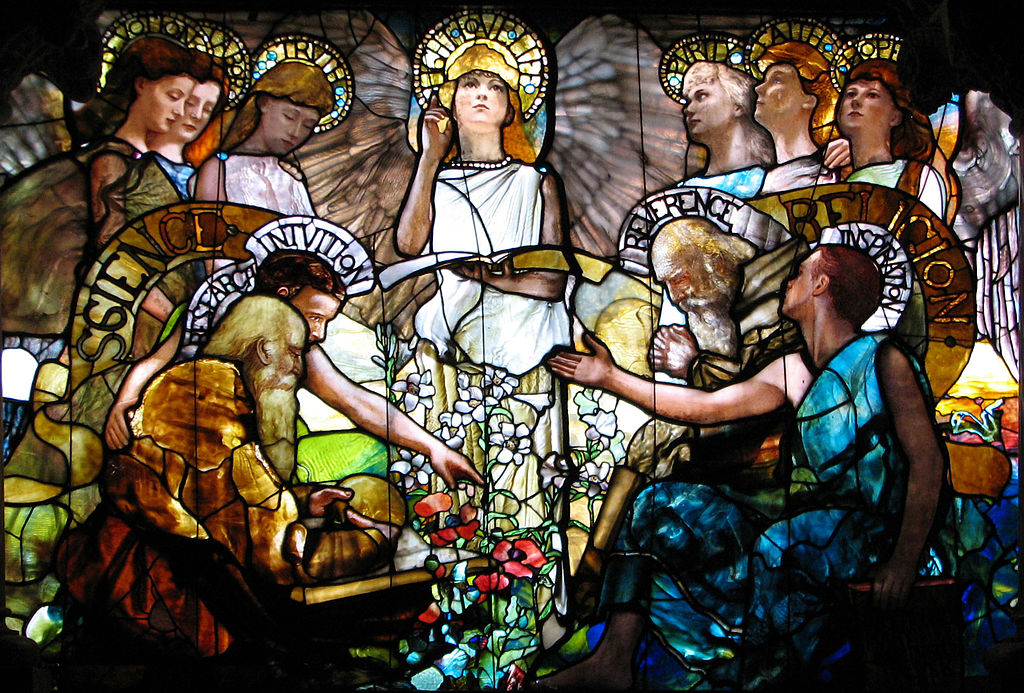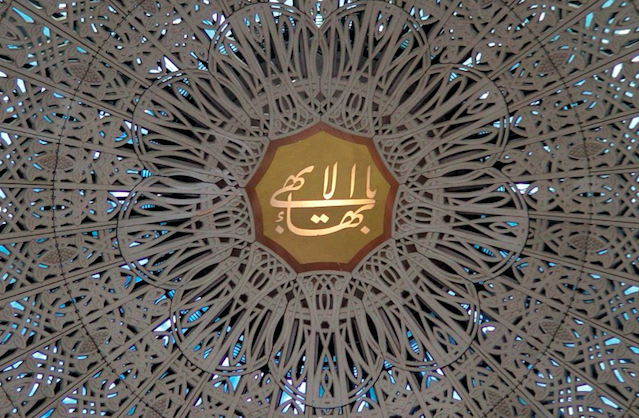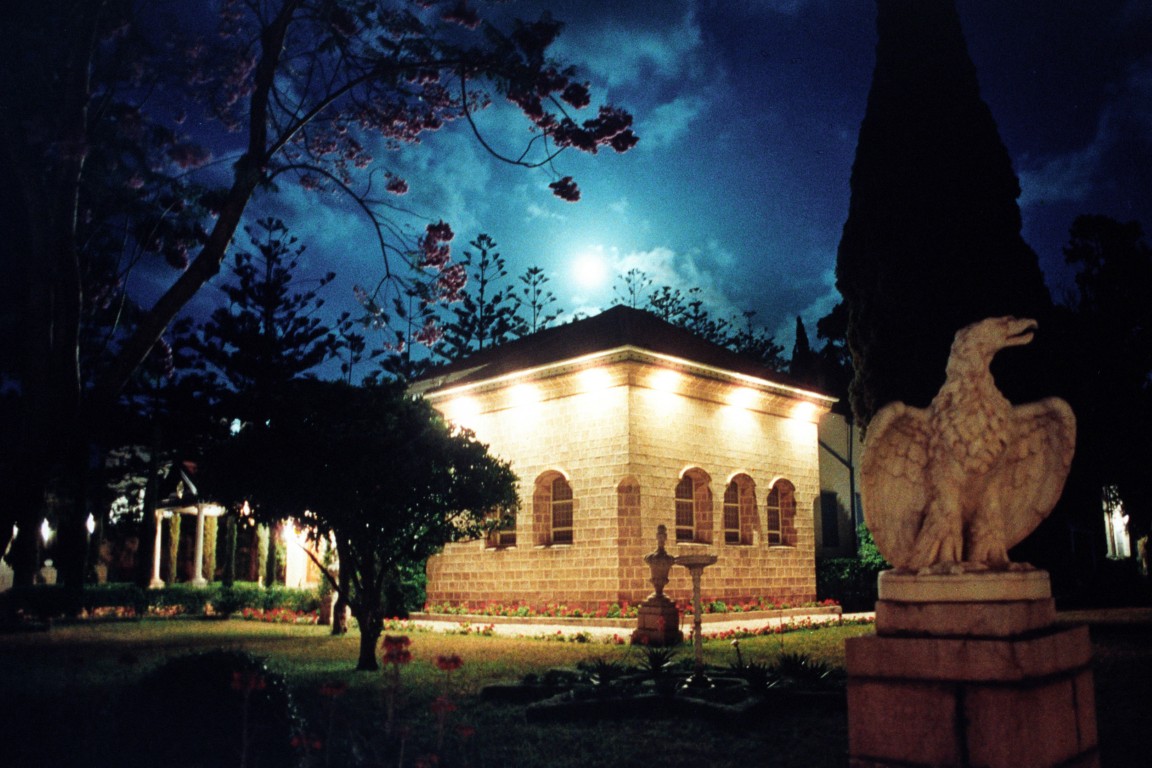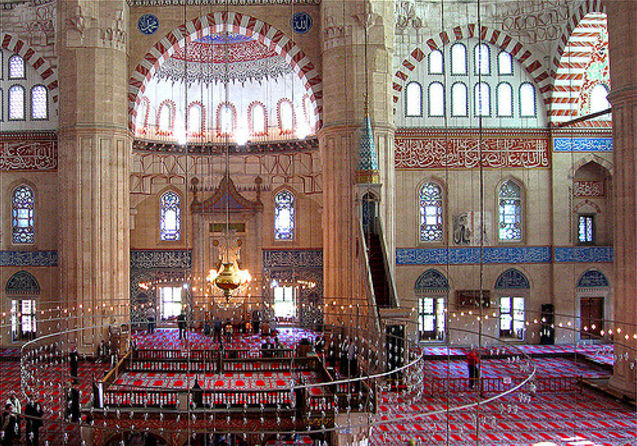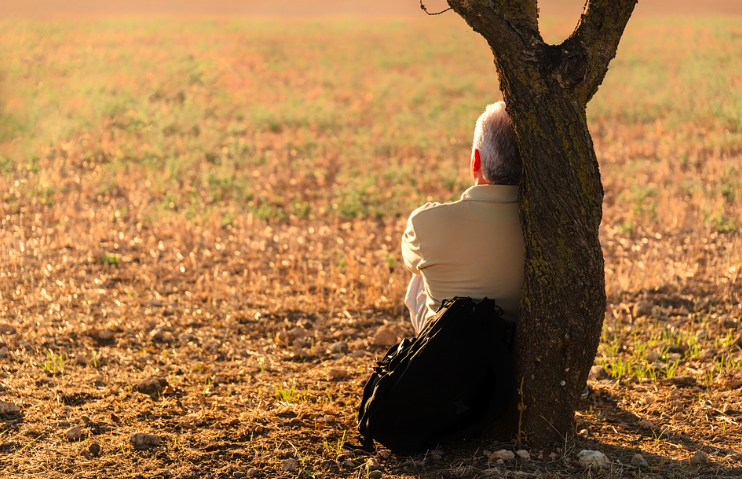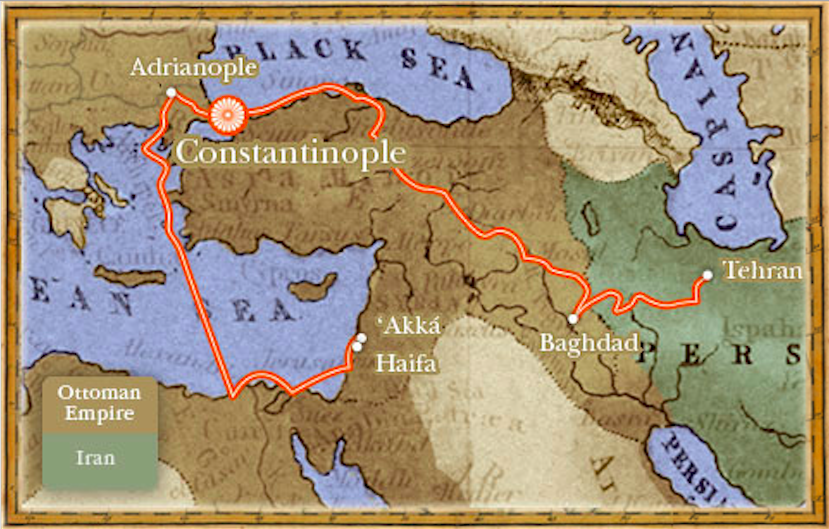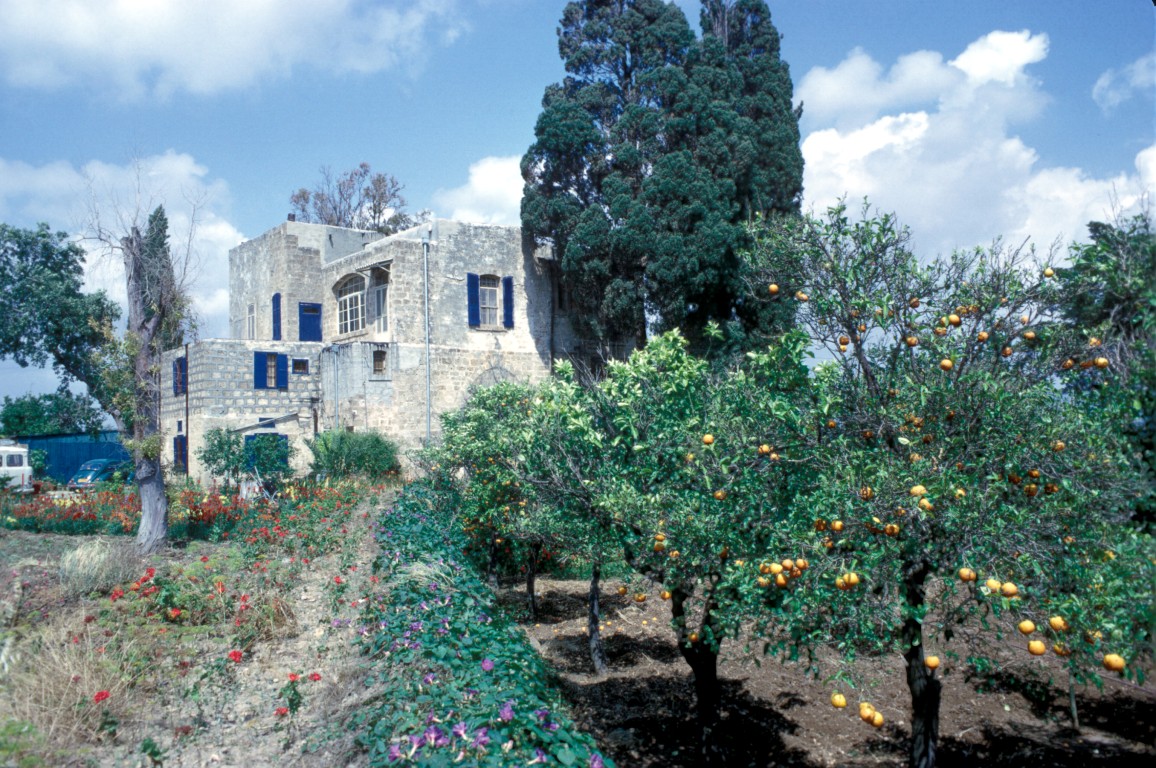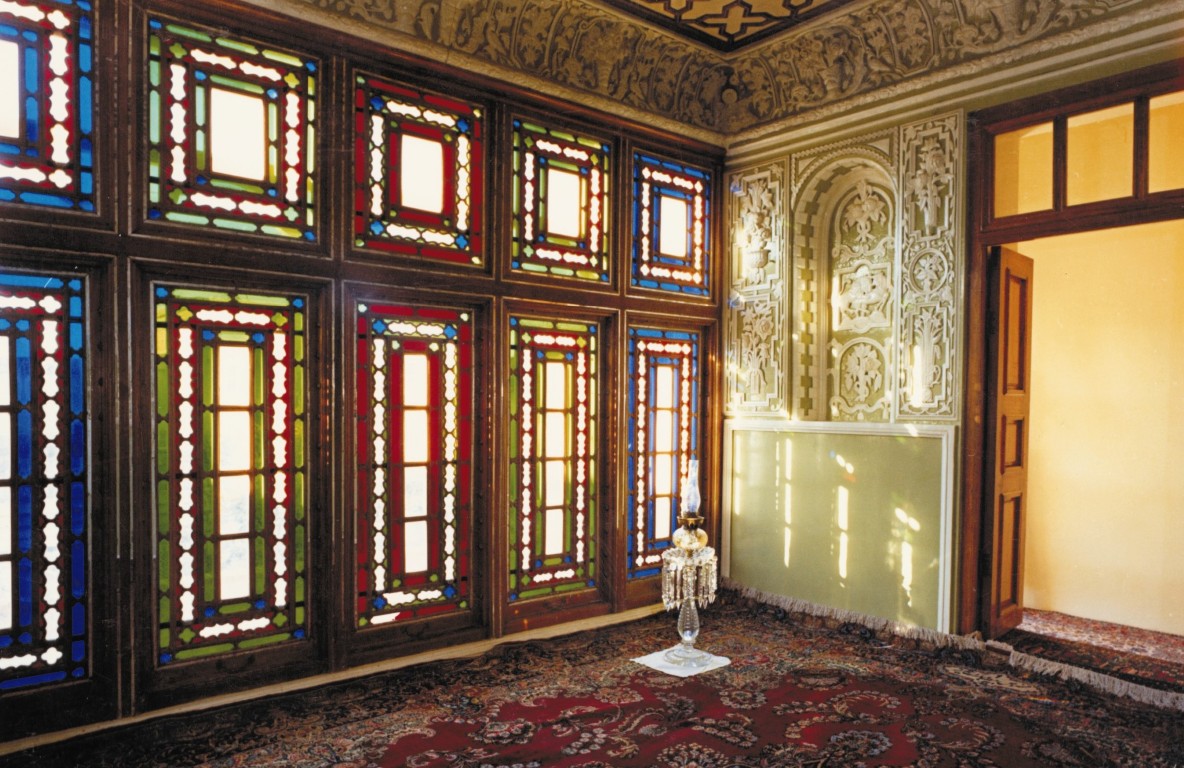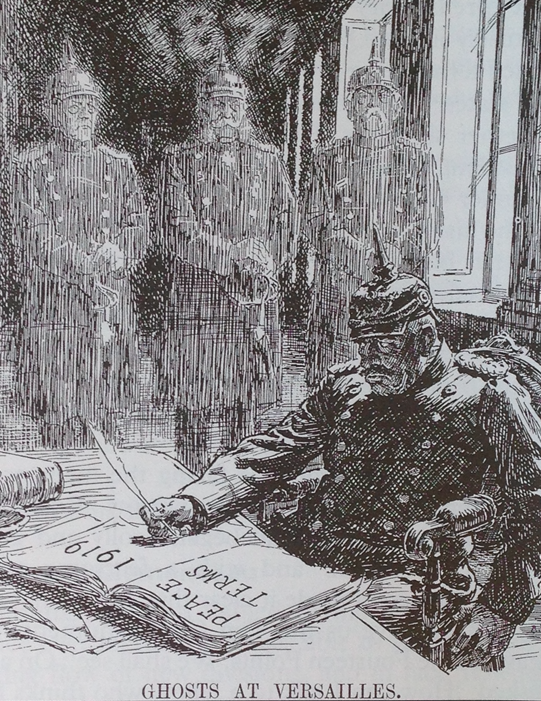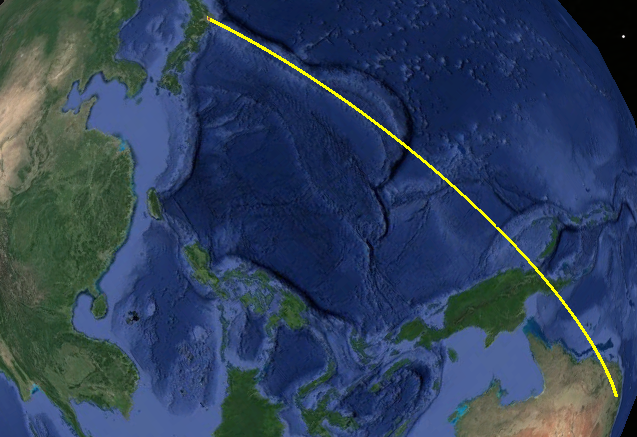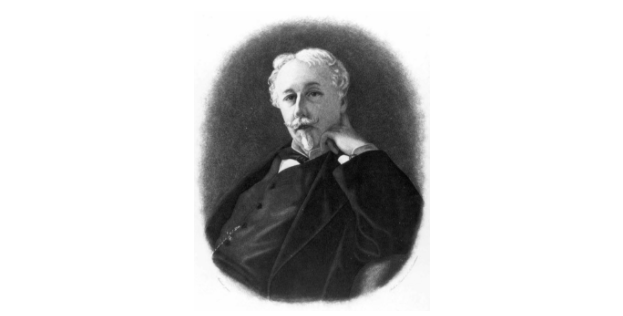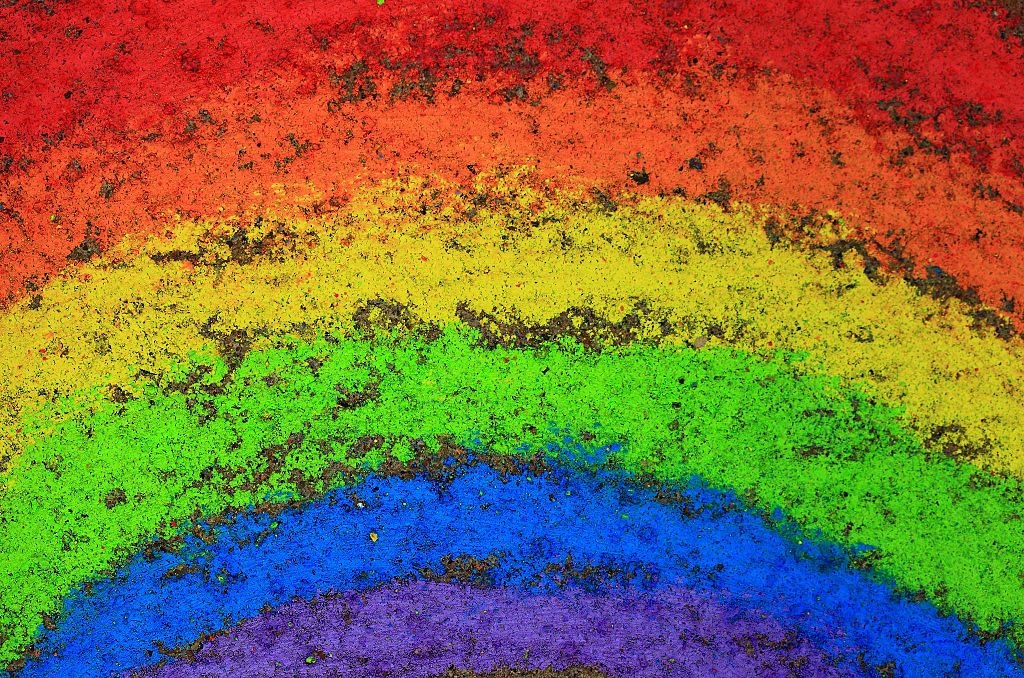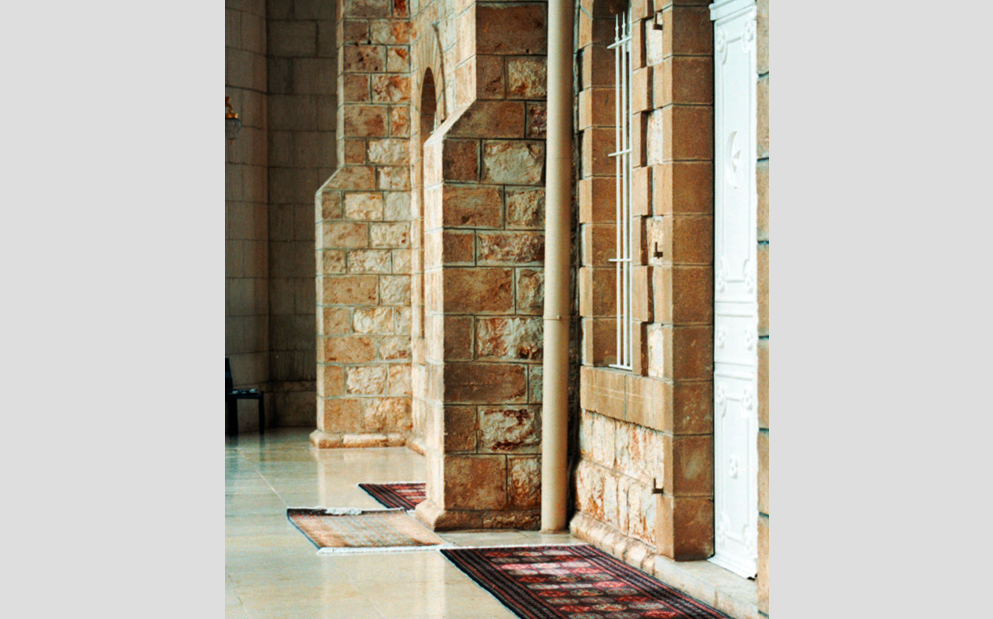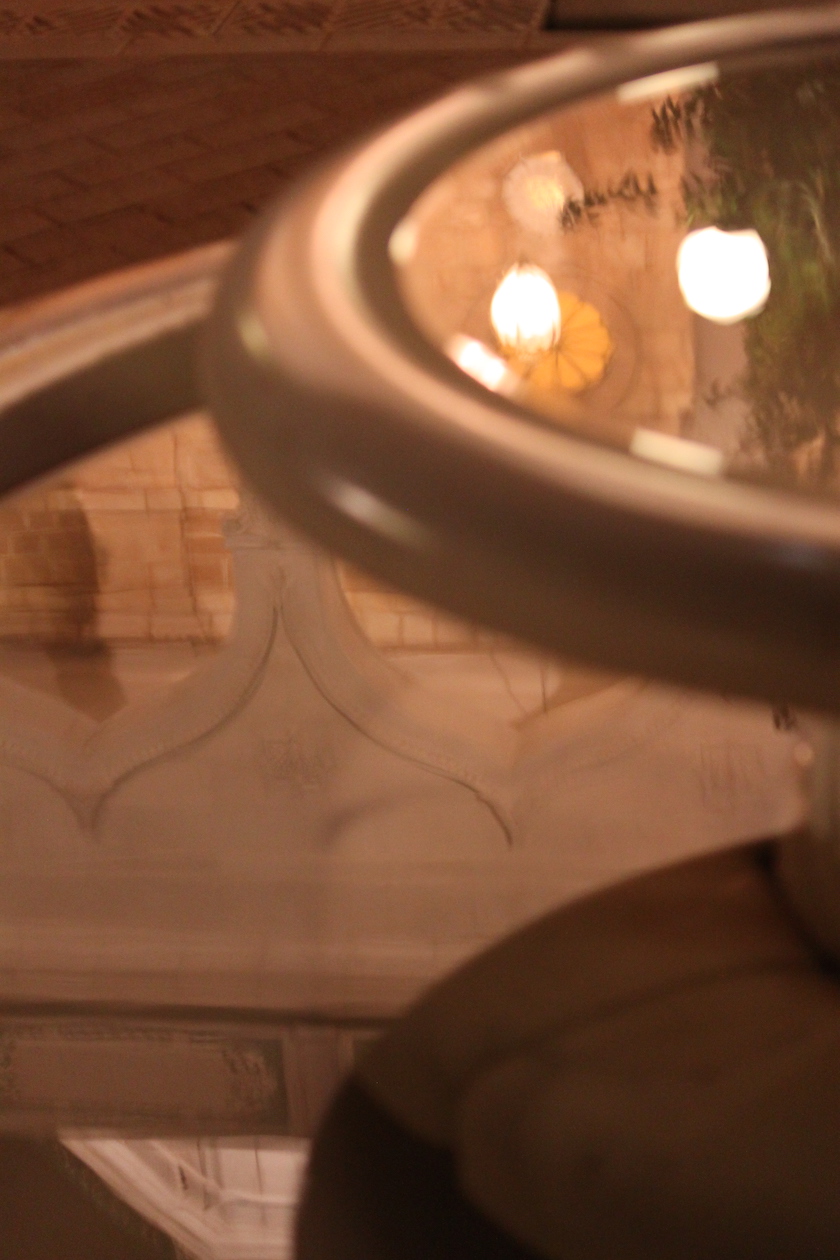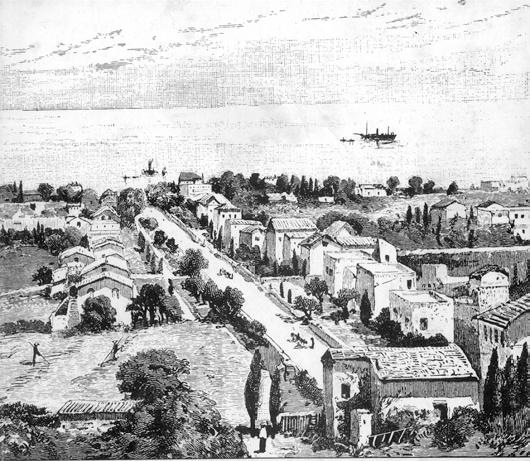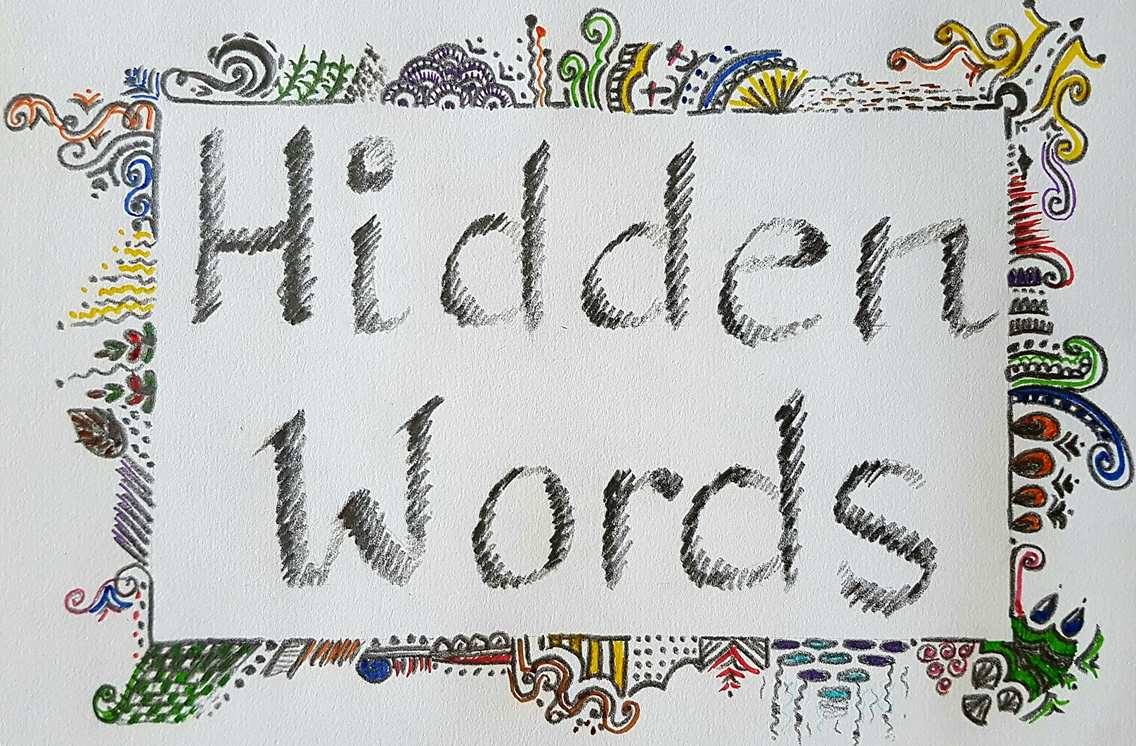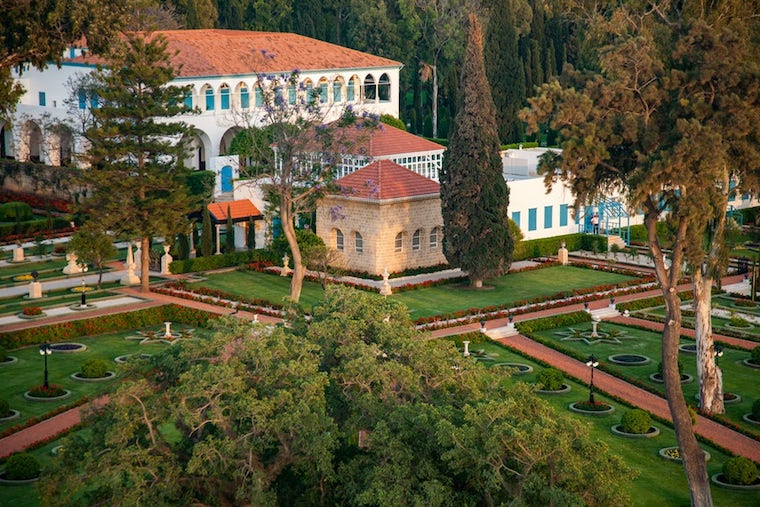-
Bahá’u’lláh on Knowledge
How do we know? What does it mean to know? These are deceptively simple but important questions and the answers are by no means straight forward. Knowledge, moreover, is at the heart of human welfare. The first of Bahá’u’lláh’s Arabic Hidden Words links knowledge and justice. The best beloved of all things in My sight is Justice; turn not away therefrom if thou desirest Me, and neglect it not that I may confide in thee. By its aid thou shalt see with thine own eyes and not through the eyes of others, and shalt know of thine own knowledge and not through the knowledge of thy neighbor.[1] And justice in turn…
-
Night Vigil – the Sun of Baha has set
At 3.00 am on 29 May 1892, Bahá’u’lláh left this mortal world. He had lived 75 years. Abdu’l Baha, his eldest son, immediately sent a telegram to the Ottoman Sultan Abdu’l Hamid: “… the Sun of Baha has set“. On the night of 28 or 29 May, depending on the Baha’i calendar, Baha’is around the world, gather in the middle of the night to commemorate the Ascension of Bahá’u’lláh: a vigil offering prayers and reading passages memorialising Bahá’u’lláh’s life and passing. Most of Bahá’u’lláh’s life was full of hardship – of deprivation – exile and imprisonment. As a young man he was heir to a fortune, being a nobleman of Persia. When he died –…
-
Mona Mahmudnizhad – Speaking Truth to Power
The specific phrase “speaking truth to power” appears to have entered the collective conscious initially among the Quakers. It is in the title of a 1955 study of international conflict prepared by the Friends Service Committee and the study cites the Quaker tradition as a source of the concept.[1] The idea has more ancient resonances. Prophets have always spoken truth to power. The encounter between Jesus and Pontius Pilate also calls the concept to mind. For this purpose I was born and for this purpose I have come into the world—to bear witness to the truth. Everyone who is of the truth listens to my voice.” Pilate said to him, “What…
-
Balancing Material and Spiritual Civilization
“No matter how far the material world advances, it cannot establish the happiness of mankind. Only when material and spiritual civilization are linked and coordinated will happiness be assured. “[1] With these words Abdu’l Baha introduces another of the great principles of Baha’u’llah’s teachings. In short – that true civilization implies a balanced progress of material and spiritual – with neither predominating. The immediate implication of this balancing of the material and spiritual is in the realm of human activity and human relationships. Then material civilization will not contribute its energies to the forces of evil in destroying the oneness of humanity, for in material civilization good and evil advance…
-
Weaving the Future from the Threads of the Past
Across the world, the 19th century was a time of dramatic change. From our 21st century vantage point we may perceive it as “old fashioned” but in truth it was a time of change such as the world has rarely seen. In some places the world experienced revolutions, in others wide ranging reforms arose in almost every aspect of society. This was the time when the modern world was born. Bahá’u’lláh lived at this time and his writings are often directed to the reform of society. How Bahá’u’lláh goes about weaving the future from the threads of the past provides insights to Bahá’u’lláh’s work that offer food for reflection. Often the past is…
-
Words of Love
I loved thy creation, hence I created thee. Wherefore, do thou love Me, that I may name thy name and fill thy soul with the spirit of life.[1] Armed with the power of Thy name nothing can ever hurt me, and with Thy love in my heart all the world’s afflictions can in no wise alarm me.[2] Commit not that which defileth the limpid stream of love or destroyeth the sweet fragrance of friendship. By the righteousness of the Lord! Ye were created to show love one to another and not perversity and rancor. Take pride not in love for yourselves but in love for your fellow-creatures.[3] Set ye aside My love, and commit what…
-
Adam and the Rainbow Serpent
In ancient biblical lore Adam is the first human and the creation story of Adam and Eve is well-known. Adam and Eve are cast as responsible for the “fall of man” through their disobedience in eating from tree of good and evil. This story is regarded as a metaphorical rather than literal in the Baha’i teachings.[1] In the Qur’an, Adam and Eve also appear, but the story is told differently. In Islam, Adam is regarded as the first prophet, not just the first man. Adam’s disobedience, as it is told in the Qur’an, however, does not condemn humanity. There is no doctrine of original sin. God forgives Adam. As an aside,…
-
Good News — Bahá’u’lláh’s Glad Tidings
Good news — glad tidings or “gospel”, to use an old English word. In Arabic, “bisharat”. Bahá’u’lláh’s Glad Tidings are a short collection of teachings concerned with reform of the world. They are addressed to all human beings. Bahá’u’lláh notes the abolition of the following as key consequences of his Glad Tidings. The abolition of holy war, destruction of books, the ban on association and companionship with other peoples and on reading certain books. There are 15 Glad Tidings. The following is a brief summary of some of them, sometimes accompanied by a personal reflection. Of course it is best to refer to the Glad Tidings themselves. The first glad tiding is the…
-
Harmony of Science and Religion — Dispelling Superstition
“Among … principles of Bahá’u’lláh’s teachings was the harmony of science and religion.” With words such as these ‘Abdu’l-Bahá introduces us to another core principle he identifies in Bahá’u’lláh’s teachings and thought. But what does this principle mean and how does it relate to the quite fractious debates that emerge from time to time in society? ‘Abdu’l-Bahá goes further: Religion must stand the analysis of reason. It must agree with scientific fact and proof so that science will sanction religion and religion fortify science. Both are indissolubly welded and joined in reality. If statements and teachings of religion are found to be unreasonable and contrary to science, they are outcomes…
